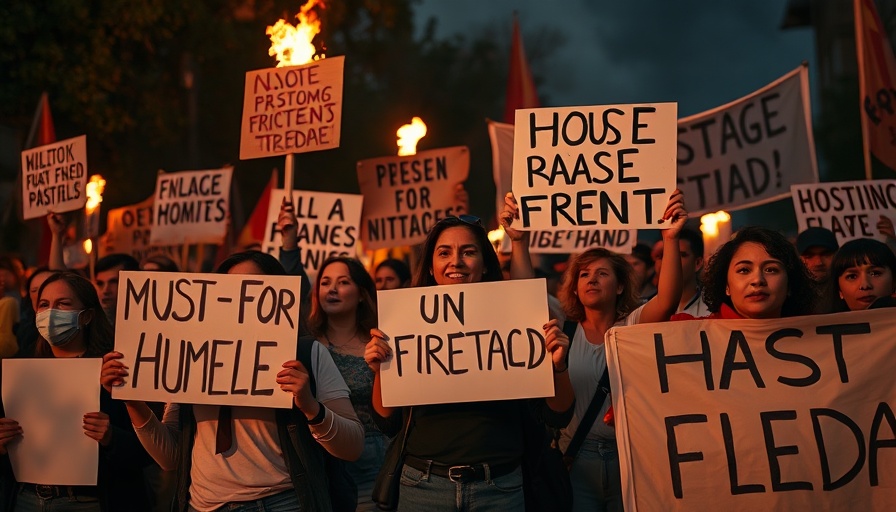
The Kremlin and Trump's Emotional Exchanges: Understanding Tensions
The recent exchanges between former US President Donald Trump and the Kremlin underscore the ongoing tensions amid Russia's military actions in Ukraine. The Kremlin's spokesperson Dmitry Peskov remarked that Trump's comments about Putin's state of mind indicate an 'emotional overload', highlighting how global leaders are reacting to an escalating crisis. After Russia's largest aerial assault launched over a weekend, in which 13 individuals were reported killed in Ukraine, Trump described Putin as 'absolutely crazy' and suggested that something had changed in his mental state.
Military Responses to Escalating Conflicts
On the ground, the situation in Ukraine remains dire. Reports indicate at least 13 casualties due to the bombing, and Peskov framed the assault as retaliation to Ukrainian actions targeting Russian infrastructure. This tit-for-tat dynamic illustrates the precariously escalating military actions that have characterized the conflict since 2022. Ukrainian President Volodymyr Zelensky framed the attacks as politically motivated choices rather than tactical military strategies, emphasizing the human toll over strategic gains.
International Aid on the Rise
As tensions escalate, Western allies are recalibrating their military support to Ukraine. German Chancellor Friedrich Merz stated that limitations on arms supplied to Ukraine have been removed, allowing for potentially more powerful weaponry, such as the Taurus missiles, to be delivered, thus enabling Ukraine to defend not just its territory but also to possibly strike back at Russian positions. This shift aligns with discussions from previous Western administrations, suggesting a cautious but significant change in policy that might further intensify the conflict.
The Bigger Picture: Global Reactions
The responses from world leaders, notably surrounding Trump's inflammatory rhetoric, can be seen in the broader context of international diplomacy and military policy. Countries are weighing their options and potential long-term ramifications in response to Putin's aggression and the apparent responses from Western allies—which might have lasting implications for global security and international relations.
Conclusion
The ongoing discourse illustrates the emotional and political complexities when national leaders engage in rhetoric surrounding military conflict. It serves as a reminder to remain vigilant about the language used during such sensitive times and the profound impacts it can have on international stability. Understanding this dynamic is crucial not only for political analysts but also for individuals in professions like law and finance that may be affected by global stability.
 Add Row
Add Row  Add Element
Add Element 



Write A Comment